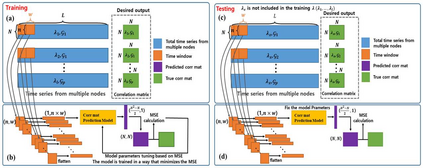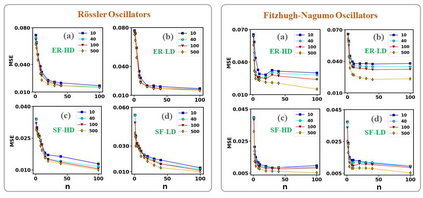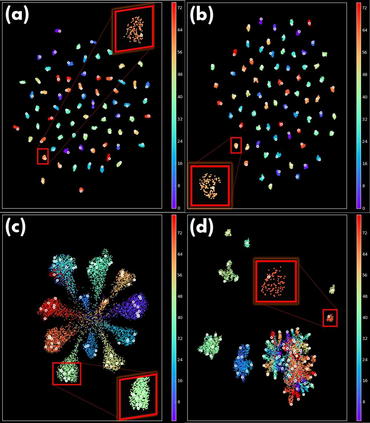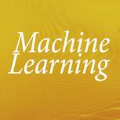Prediction of correlation matrices from given time series data has several applications for a range of problems, such as inferring neuronal connections from spiking data, deducing causal dependencies between genes from expression data, and discovering long spatial range influences in climate variations. Traditional methods of predicting correlation matrices utilize time series data of all the nodes of the underlying networks. Here, we use a supervised machine learning technique to predict the correlation matrix of entire systems from finite time series information of a few randomly selected nodes. The accuracy of the prediction from the model confirms that only a limited time series of a subset of the entire system is enough to make good correlation matrix predictions. Furthermore, using an unsupervised learning algorithm, we provide insights into the success of the predictions from our model. Finally, we apply the machine learning model developed here to real-world data sets.
翻译:从特定时间序列数据对相关矩阵的预测有几个应用,可以解决一系列问题,例如从弹射数据中推断神经神经连接,从表达式数据中推断出基因之间的因果关系,以及发现气候变异的长空间范围影响。预测相关矩阵的传统方法使用基础网络所有节点的时间序列数据。在这里,我们使用监督的机器学习技术从少数随机选定的节点的有限时间序列信息中预测整个系统的相关性矩阵。模型预测的准确性证实,整个系统的一个子集只有有限的时间序列才足以作出良好的关联矩阵预测。此外,我们使用一种不受监督的学习算法,对模型中预测的成功性提供了深刻的见解。最后,我们将在这里开发的机器学习模型应用于现实世界数据集。









